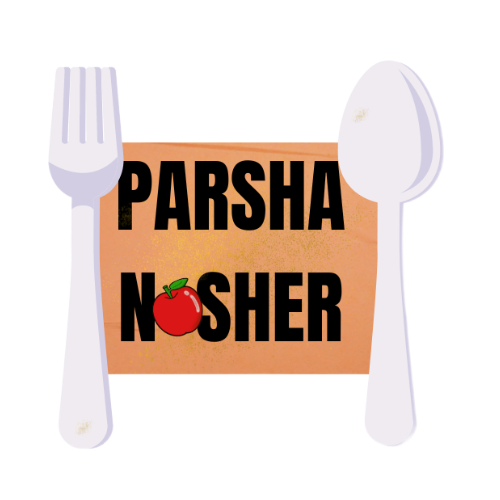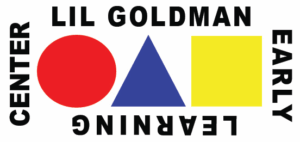I have long been fascinated by the story of Pharoh’s daughter (to whom we refer as “Batya,” meaning “daughter of G-d”), who pulls Moshe (soon to be Rabbeinu) from the Nile. A daughter of Pharoh, she clearly was aware of the edict declared by her father after the midwives serving the Jews failed: he tasked ALL of the Egyptians with the task of killing Jewish boys.
Yet Pharoh’s daughter, raised in his household, still knew right from wrong. But knowing right from wrong, and acting upon it, are two very different things.
According to the plain reading of the text (always only the first step), Batya goes with her women to bathe, sees something in the water, asks a servant to fetch whatever she sees, publicly identifies the baby that is discovered as a Jew and then offers to pay a Jewish woman to nurse him, when a Jewish girl just happens to pop up at exactly that moment, offering to find a Jewish woman to nurse him.
This narrative brings to mind so many questions:[1] if Batya chose to save a Jewish baby, why be so open about it? Would acting in secret not have been safer? How did she get her handmaidens to go along with this? How did no one report her? And how is it that Miriyam had the courage to approach?
The scene that takes place has always seemed like a play to me, a pre-planned narrative to create plausible deniability. I speculate that Batya, either directly or through a maidservant, had carefully pre-arranged the meeting. She may have known, may even have been told by G-d, that she was in a unique position to right the wrongs of her father. Her handmaidens were probably educated by her, and enlisted in the task. By publicly declaring the child to be from the Jews, she negated the need to hide him, but by paying (the woman she must have known was his own mother) to nurse him, Moshe (Rabbeinu) became her adopted son, protected from the laws that applied to others, but not to him.
Our sages teach us that Batya joined the Jewish people when we left Egypt. As all who left Egypt and stood at mount Sinai became part of the covenant, Batya not only saved our people; she became one of us.
It is always hard to do the right thing in the face of pressure. But sometimes we find ourselves in a unique position of not only being able to he someone, but being the only person who can do so. At that time, it is even more important than ever to do that which is right. You may end up saving a world entire.
[1] What follows is a compilation of my own thoughts; I have not found support in the traditional commentators available to me for this speculation, and am not a scholar of Midrashim. If there is support from our sages for that which follows, and you are aware of it, I would be glad to know. If not, please forgive my arrogance in speculating…



One response to “Batya, Daughter of Pharoh: Coincidence or Rebel?”
For many years I had the privilege of watching you teach Torah to very young children. Your creative use of healthy snacks was amazing. In my opinion you’re a gifted teachers. Your loving and proud Auntie B